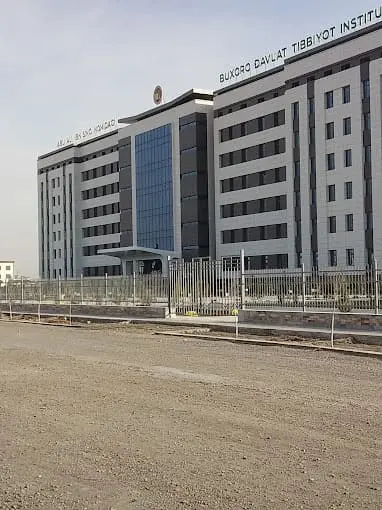




















Many believe that studying MBBS abroad is prohibitively expensive. While tuition fees can vary by country, many places offer affordable options compared to private medical schools in some countries. Countries like Russia, Ukraine, and some in Eastern Europe have lower tuition fees and living costs, making them accessible alternatives for aspiring medical students.
Many reputable universities have strong regulatory oversight and international recognition. Researching accredited programs and reading reviews can help prospective students avoid scams. Official resources and forums can also provide valuable insights.
While living costs can vary, many countries that offer MBBS programs have lower living expenses compared to the West. For instance, cities in countries like Russia, Nepal, or the Bangladesh often have affordable housing, food, and transportation options. Students can find budget-friendly ways to live while studying.
Safety concerns are valid but often exaggerated. Many countries have areas with high safety standards, and international students are generally welcomed. It's important to stay informed about local conditions and follow safety guidelines. Joining student organizations can also provide a support network to navigate any challenges.
While home sickness can affect anyone studying abroad, it doesn’t have to be overwhelming. Many universities have support systems in place, including counseling services and international student groups, that help students adjust. Building a network of friends and staying connected with family can alleviate feelings of isolation.
Studying MBBS abroad is more than earning a degree—it's a journey of self-growth, independence, and global exposure. While adapting to a new country can feel daunting at first, students often find strength in community, cultural exchange, and personal discovery. With the right mindset and support, the world becomes your classroom.




























































































